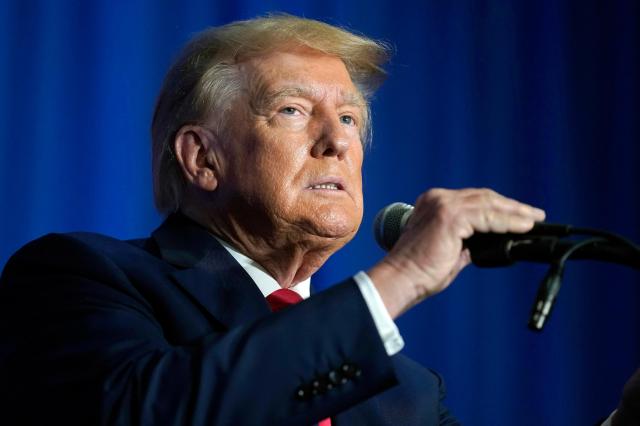
SEOUL, January 20 (AJP) - Korean conglomerates are bracing for a reshaped global business environment as Donald Trump takes office as the 47th president of the United States on Monday.
The ripple effects of his return to the White House are expected to touch industries ranging from semiconductors to automotive manufacturing, batteries, shipbuilding, and oil refining.
Korean companies are adopting a cautious yet proactive approach as they navigate the shifting U.S.-South Korea business relationship under Trump’s leadership. With sectors like semiconductors and shipbuilding potentially poised for gains, and automotive and battery industries grappling with uncertainty, the coming months will be critical in defining how Korean firms adapt to this new chapter in global trade.
Korean chipmakers are closely watching potential changes to the U.S. CHIPS Act, which provides subsidies to chipmakers operating in the United States.
While some worry about stricter enforcement or modifications to subsidy terms, analysts suggest that harsher sanctions on China under Trump could open new market opportunities for Korean chipmakers, allowing them to gain ground in sectors where Chinese firms might be sidelined.
Korean automakers, including Hyundai and Kia, are confronting potential disruptions to their North American operations. With approximately 100 companies operating in Mexico to support exports to the United States, according to the Korea Trade-Investment Promotion Agency (KOTRA), the Trump administration’s stance on renegotiating trade agreements could impact production and logistics.
Meanwhile, potential revisions to the Inflation Reduction Act (IRA) threaten to affect electric vehicle subsidies of up to $7,500 per vehicle, which are critical to maintaining competitiveness in the fast-growing EV market.
Not all sectors are viewing the transition with trepidation. In a post-election call with South Korean President Yoon Suk Yeol, Trump hinted at collaboration opportunities for Korean shipbuilders, specifically in vessel exports and maintenance, repair, and overhaul (MRO) services. This has raised hopes among shipbuilding giants like Hyundai Heavy Industries and Samsung Heavy Industries for expanded business in the U.S. market.
South Korea’s business leaders are already engaging with Trump’s incoming administration to mitigate risks and explore opportunities. Hyundai Motor Group, for instance, has donated $1 million to the inauguration ceremony. Its chairman, Chung Eui-sun is reportedly seeking a private meeting with Trump to discuss the company’s U.S. investment and manufacturing plans.
Behind the scenes, major conglomerates such as Samsung, SK, and LG are believed to be maintaining contact with Trump’s team, although no public statements have been made regarding their participation in the inauguration.
Copyright ⓒ Aju Press All rights reserved.

